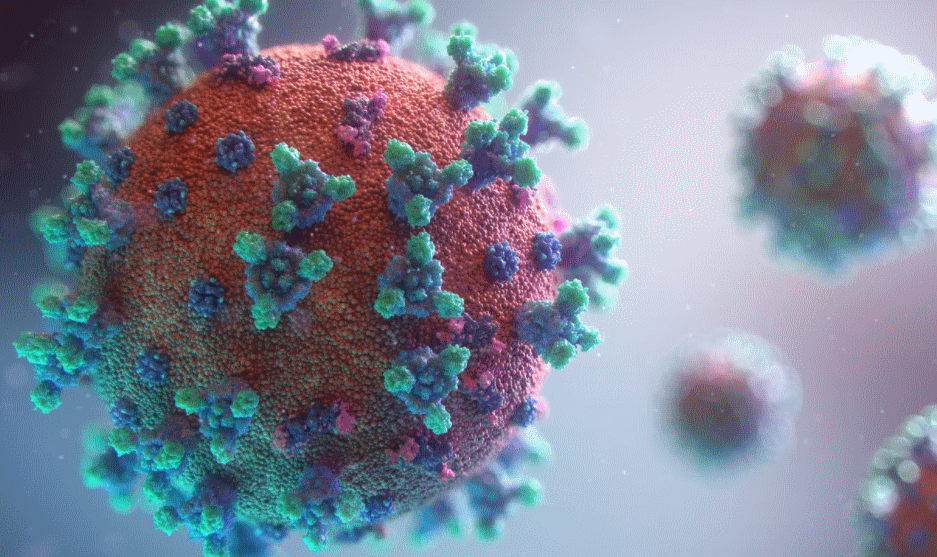In response to growing worry over the novel coronavirus variant Omicron, the Union Ministry of Health and Family Welfare published new instructions for international travellers arriving in India on November 28. The new guidelines will take effect on December 1.
The new set of recommendations establishes processes to be followed by international travellers as well as airlines and points of entry for risk profiling of passengers, including airports, seaports, and land borders.
Among other things, the government announced a list of 12 nations from which travellers arriving in India would be subject to further measures, including post-arrival testing. They include European countries such as the United Kingdom, South Africa, Brazil, Bangladesh, Botswana, China, Mauritius, New Zealand, Zimbabwe, Singapore, and Hong Kong.
Following their arrival from ‘at risk’ nations, visitors will be required to wait for the results of their test at the arrival airport before departing or flying. If the test results are negative, they will be placed in quarantine for seven days. On the eighth day, a second test will be administered, and passengers who test negative will be required to self-monitor for seven days.
Passengers who test positive should be isolated and their samples sent to INSACOG, according to the rules.
Contacts of positive patients shall be quarantined on an institutional or individual basis.
International passengers arriving at seaports/land ports include the following:
The government made it very clear in its rules that all arriving passengers will be subjected to the same protocol as travellers from ‘at risk’ and non-risk nations. However, such travellers are not yet eligible for online registration. On arrival, travellers would be required to submit the self-declaration form to the applicable Government of India authorities at seaports or land ports.
According to the new document, all new passengers who intend to travel must complete a self-declaration form on the online Air Suvidha site before to their booked flight, including facts about their previous 14 days of travel. Additionally, they must upload a negative COVID-19 RT-PCR data to the portal within 72 hours of embarking on the travel. Additionally, the traveller will be required to file a declaration verifying the validity of the report or face criminal prosecution.
Under the age of five, children are excluded from both pre- and post-arrival testing. However, if they are discovered to be symptomatic for COVID-19 upon arrival or during the home quarantine period, they will be tested and treated according to established protocol.
Passengers intending to fly internationally:
For travellers from countries other than those designated as ‘at risk,’ they will be permitted to exit the airport and will be required to self-monitor their health for 14 days following their arrival. Additionally, the paper adds that a subset of passengers — 5% of total airline passengers — will be subjected to random post-arrival testing at the airport upon arrival. The Ministry of Civil Aviation shall bear the cost of testing such travellers. If a traveller is found to be positive, he or she will be managed according to the established standard practise, and samples will be sent for genomic testing.
Regarding outgoing passengers originating or passing through at-risk countries, airlines will be required to advise them that they will be subjected to post-arrival testing, quarantine if negative, and severe isolation techniques if positive, among other things.
Additionally, airlines may allow customers to board only if they have completed the self-declaration form on the Air Suvidha portal and uploaded a negative RT-PCR test report. After thermal scanning, only asymptomatic individuals will be permitted to board, and all passengers should be urged to download the Aarogya Setu app to their mobile devices.
At airports, on flights, and during transit, an in-flight statement concerning COVID-19, including preventative steps to be followed, was added to the document. According to policy, any passenger who exhibits symptoms of COVID-19 during the trip will be isolated.
